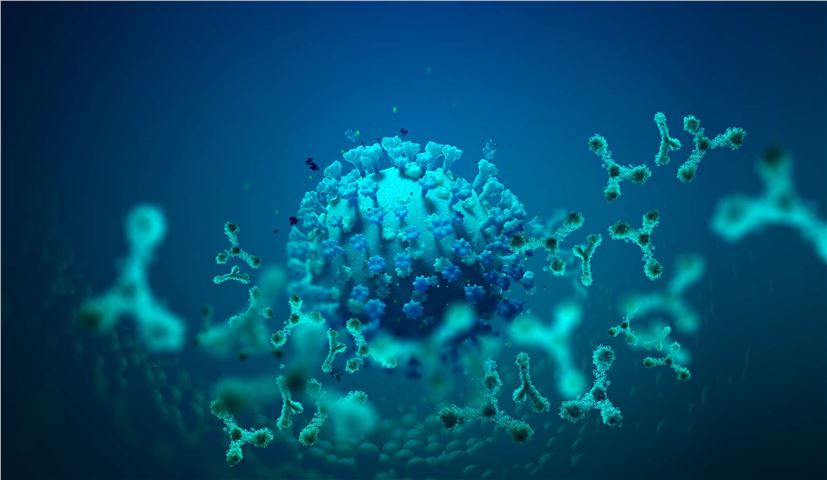Antagonist antibodies block the activity of a target, thereby preventing its disease-promoting effects. Many antagonists have been developed for therapeutic use in disease areas such as cancer and immune system disorders. Compared to antagonist small molecule drugs, antagonist antibodies have significant advantages such as high specificity, high affinity, and fewer side effects. Thus, they offer more advantages in the treatment of diseases. Based on our extensive field experience and advanced technology platform, Creative Biolabs provides comprehensive services for custom antagonistic antibodies to support antagonistic antibody therapy development.

As therapeutic antibodies play an increasingly significant role in disease treatment, their development has become a pivotal focus in the field of drug development. Agonistic & antagonistic antibody are two crucial directions in therapeutic antibody development, each employing different mechanisms of action to treat diseases effectively.
Antagonist antibody therapies represent a novel approach in drug development for treating autoimmune diseases. Taking autoimmune diseases as an example, IL-1, TNF-α, and IL-6 are potential targets that can effectively alleviate autoimmune disease symptoms. Clinical studies have demonstrated that TNF-α antagonists exhibit therapeutic efficacy against rheumatoid arthritis, ankylosing spondylitis and systemic lupus erythematosus. Previous studies have shown the neonatal Fc receptor (FcRn) antagonist as an innovative therapy. This approach treats autoimmune diseases by preventing the binding of IgG antibodies' Fc segment and FcRn, accelerating the clearance of IgG autoantibodies from the body. It has been studied in several IgG-mediated autoimmune diseases.
In addition to their use in the treatment of immune system disorders, antagonist antibody therapies have shown strong potential in cancer treatment. CXCR4 is a highly promising target for the development of antagonist antibody therapies. CXCR4 is a 7-transmembrane G-protein-coupled receptor (GPCR), located in the inner part of the cell membrane, consisting of three distinct subunits: α, β, and γ. Upon interaction with CXCL12, CXCR4 triggers the dissociation of heterotrimeric G proteins into Gα and Gβγ subunits, converting G-bound guanosine diphosphate proteins into guanosine triphosphate. This activation then leads to downstream signaling.
Normally, CXCR4 plays a key role in regulating cell migration and localization during development, homeostasis, and inflammation, aiding in the immune system activation and cell movement stimulation. In contrast, dysregulation of CXCR4 signaling can lead to cancer cell growth, invasion, angiogenesis, and metastasis, making it a valuable target in oncology drug development. Many antagonists targeting CXCR4 have been developed for the treatment of diseases such as non-Hodgkin's lymphoma, multiple myeloma, and immunodeficiency diseases. In addition, the CXCL12-CXCR4/CXCR7 signaling axis plays a central role in the progression of various tumors, including leukemia, breast cancer, lung cancer, prostate cancer, and multiple myeloma, through an autocrine/paracrine mechanism. Therefore, targeting CXCR4 is considered a highly attractive therapeutic strategy.
Currently, only two CXCR4 antagonist drugs have been approved for marketing, and more than 20 CXCR4-accepting antibodies are in the research and development stage. With the significant advantages of antibodies, antagonist antibody therapies are destined to hold a crucial position in the development of CXCR4 antagonists.
Creative Biolabs has a wealth of knowledge and experience in agonistic antibody therapy and antagonistic antibody therapy development. We would be happy to share our knowledge and experience in custom agonistic antibodies and custom antagonistic antibodies with you.
All listed services and products are For Research Use Only. Do Not use in any diagnostic or therapeutic applications.